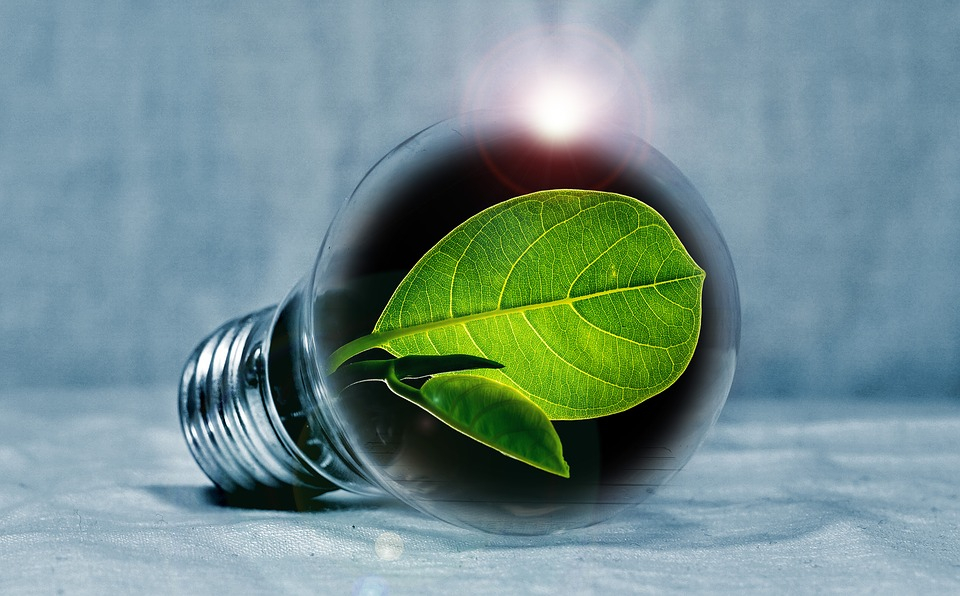As Novac/Bernard Ivezic writes, Green Energy Pal is a student startup which is busy developing the aforementioned service, which isn’t new but was expensive and as such has been very limited to only large companies until now.
”We look at electricity almost mechanically. There are sockets, plugs, bulb sockets, switches, timers, extension cords… all of that is mechanical. However, with the advent of smart lamps, smart thermostats, and even smart watches, which send consumption data over wireless networks directly to energy companies, it shows that electricity is becoming less mechanical and more smart,” state the Green Energy Pal team, otherwise one of the ten finalists of this year’s Student DIGI Award.
Green Energy Pal is a student startup developing a digital energy consultant. As previously stated, it isn’t a new service in itself, but so far it has been limited exclusively to the largest companies that can afford it. All electricity sellers, in fact, have a team of consultants who offer large industrial plants, shopping malls, ports and office buildings energy audits, investment analysis and technology installations, all in order to optimise their energy consumption. Energy companies thus meet the needs of their customers, and they in turn pay for such a service, enjoy the additional savings and become their subscribers.
Ivan Pavic, a member of the Green Energy Pal team and an expert in the electricity market, says that such work is expensive primarily because it still needs to be done manually.
”Although such an approach is possible and cost-effective for large users, it isn’t applicable for small and medium enterprises that don’t have so much financial power or so many savings opportunities. That’s why we’re developing a digital solution in the form of a personal energy consultant called Green Energy Pal,” explained Pavic.
Four doctoral students from the Department of High Voltage and Power Engineering at the Faculty of Electrical Engineering and Computing in Zagreb (FER) are working on the Green Enery Pal project. Two are focused on energy trends, regulations and needs, and the other two on software and hardware development.
In addition to Ivan Pavic, who is developing a business model, there’s also an automation expert, the organiser of the first blockchain development meetup in Zagreb and the architect of their IT system, Alen Hrga, then there’s a physicist, a power expert and head of development of their artificial intelligence algorithms, Ivan Sudic, and the head of the team and Master of Electrical Engineering, Domagoj Badanjak.
Ivan Pavic emphasised that this division isn’t so fixed and that they complement each other a lot, explaining that they were pushed into this endeavor by friendship and good cooperation so far.
”All four of us are doctoral students at the Department of High Voltage and Energy at FER and we’ve worked together on many scientific and professional projects, and often together we guide students in preparing their own seminars and diploma theses, and we also write professional and scientific articles for magazines and conferences,” stated Pavic.
Thanks to that, added Pavic, they are well acquainted with the current trends in energy. For example, the European Union (EU) has a very ambitious goal to become a leader in the fight against climate change, so for that, savings in electricity consumption have a strategic, political component, which will affect both regulation and the economy.
”I’d like to point out 2030 as the deadline for increasing energy efficiency by 32.5 percent, and to achieve such ambitious goals a great burden will fall on the profession, so energy consultations should be democratised, and that’s our goal precisely,” stated Pavic.
He added that their personal energy consultant, Green Energy Pal, is a combination of hardware and software that collects real-time data on its electricity consumption at the user’s location, analyses it and then offers recommendations based on the results. The user manages the entire system via a web interface. In the background, sensors and a microcomputer are located in its location in the distribution cabinet. They send data to the Green Energy Pal cloud and there that data is analysed by artificial intelligence.
”It’s the brain of our product and it recognises each device individually, be it a TV or an oven, predicts future consumption, analyses peak power and much more,” said Pavic.
He explained that based on all this, the user can be given suggestions as to whether it pays to replace a device with something more economical, change their tariff, change their heating method, make an investment, and even include alternative energy sources in the system, such as solar or heat pumps. In addition, it can assess the performance of the charging station for electric vehicles as well as the benefits of selling excess energy back into the grid.
Pavic stated that so far, small and medium-sized enterprises, especially those in the catering and hospitality industry, have shown the most interest in Green Energy Pal, and that in the end they plan to offer their solution to households as well. With their startup, they also entered FER’s SPOCK incubator, and also joined the BAIF Programme of the Croatian Employers’ Association, as well as the STup and Student DIGI Award startup competitions.
”We were happy to enter the Student DIGI Award of Jutarnji list, because it’s a confirmation of our idea, which gives us a bit of wind in our sails for the future. It wasn’t easy to break through,” concluded Pavic.
For more, follow Made in Croatia.








